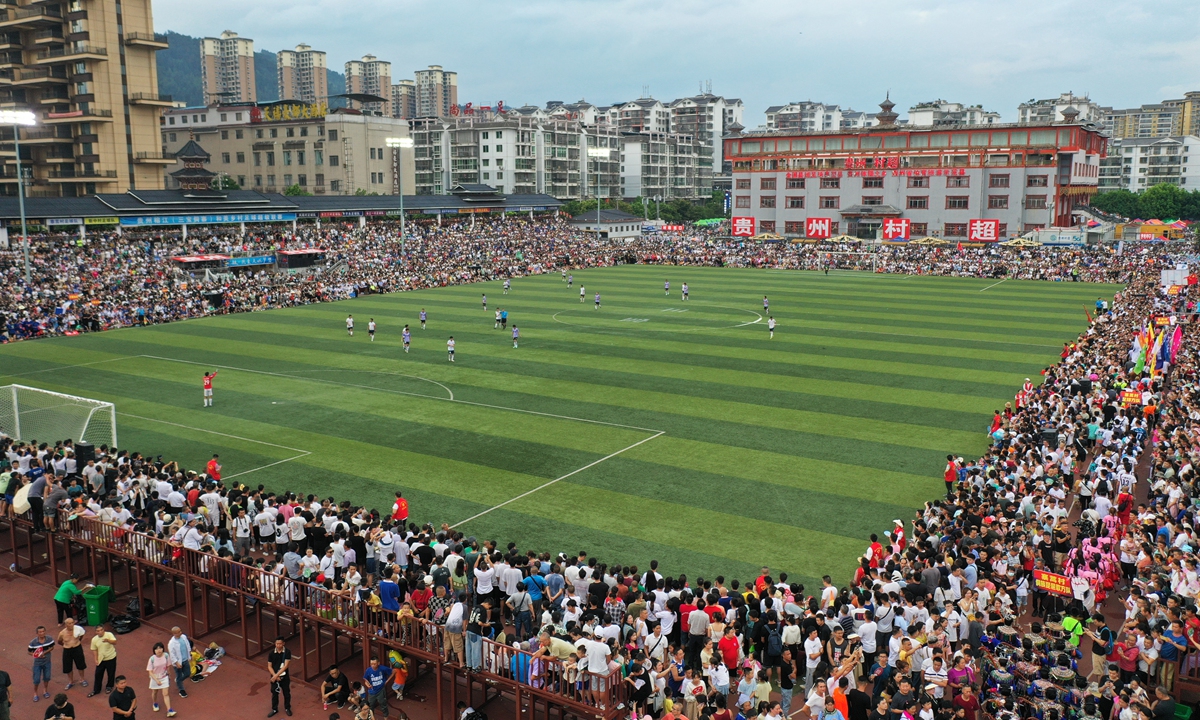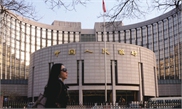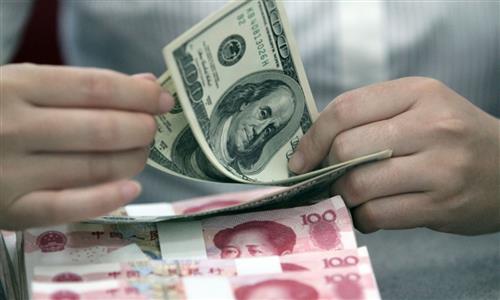
Fans watch a Village Super League match in Rongjiang county, Southwest China's Guizhou Province. Photo: VCG
The development of China's sports industry has created a new engine of growth for the retail market, as the industry's annual growth rate is much faster than that of overall GDP, an official of the General Administration of Sport of China (GASC) said on Wednesday.
"Since 2012, the total scale and added value of China's sports industry have jumped significantly. The sector's growth rate was higher than the growth rate of GDP in the same period, and its proportion of GDP continues to rise," said Zhou Jinqiang, a deputy head of the GASC.
From 2012 to 2022, the average annual growth rate of the added value of the sports industry was 15.4 percent, and its proportion of GDP increased from 0.6 percent to 1.08 percent, Zhou noted.
In 2023, the total trade volume of China's major sports services reached 52.89 billion yuan ($7.45 billion), up 178 percent year-on-year, said Zhou.
China's sports industry includes competitions, leisure and fitness activities, sports venue services, sports training, sports equipment manufacturing and related media services.
He Wenyi, a deputy director of the National Sports Industry Research Base at Peking University, noted that the three prerequisites for developing the sports industry in China - income, leisure time and skills - are gradually getting into place for millions of Chinese people.
Chinese people are increasingly spending their spare time on sports, and this normalization of activity will guarantee the growth of the sports industry, He said.
Sun Chuanwang, a professor at Xiamen University, said that the sports industry will derive growth momentum from two avenues - traditional sectors such as sports infrastructure and manufacturing, and emerging sectors such as digital sports, health and wellness.
Sports-related goods have become an important driver of China's retail growth. In July, retail sales of sports and entertainment goods rose by 10.7 percent on a yearly basis. Growth got a big boost from sports events such as the 2024 Paris Olympic Games and consumers' growing spending on leisure, data from the National Bureau of Statistics showed.




